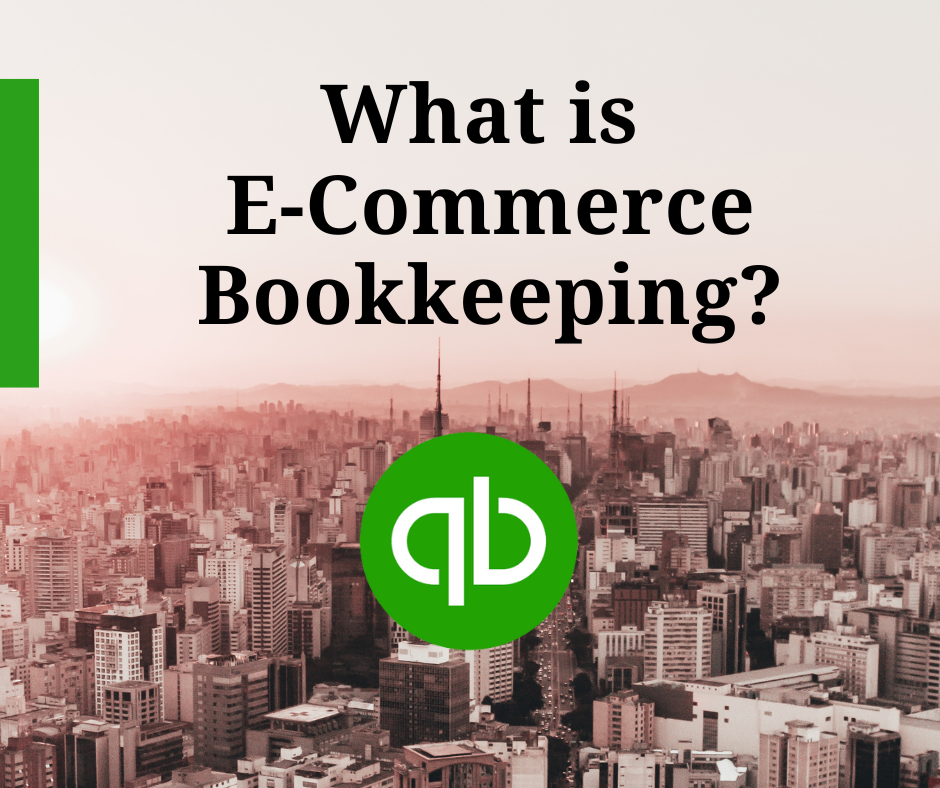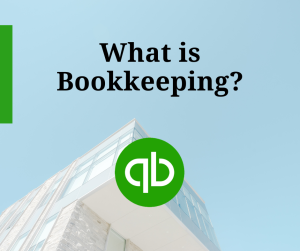E-commerce bookkeeping refers to the process of recording and tracking financial transactions for an online business. This includes recording revenue from sales, expenses such as website hosting and marketing costs, and other financial transactions such as payments and refunds. The goal of e-commerce bookkeeping is to accurately track the financial performance of the business and ensure compliance with tax laws.
E-commerce bookkeeping typically involves using accounting software to record transactions, create financial statements and generate reports. This can include tools such as QuickBooks, Xero, or other accounting software designed for small businesses. E-commerce bookkeeping also involves tracking inventory, reconciling bank and credit card statements, and preparing financial statements such as income statements and balance sheets. Additionally, it is important to keep accurate records of sales tax, VAT and other taxes related to e-commerce business, which can be complex and vary depending on the location of the business and its customers.
5 benefits of E-Commerce Store for Bookkeeping:
Running an e-commerce store comes with its unique set of challenges, but it also offers several benefits for bookkeeping and financial management. Here are five key advantages:
- Automated Transaction Recording: E-commerce platforms typically integrate with accounting software such as QuickBooks, Xero, or FreshBooks. This integration allows for automatic recording of transactions, including sales, refunds, and expenses, directly into the accounting system. As a result, manual data entry is minimized, reducing the likelihood of errors and saving time for bookkeeping tasks.
- Streamlined Order Management: E-commerce platforms centralize order management processes, making it easier to track sales, inventory levels, and customer information. This centralized data allows for more accurate financial reporting and forecasting. Additionally, features like automatic order numbering and invoice generation help maintain consistency and organization in bookkeeping records.
- Real-Time Financial Insights: With e-commerce integration, bookkeepers have access to real-time financial data, including sales revenue, expenses, and profit margins. This enables timely decision-making and better financial planning. By monitoring key metrics regularly, businesses can identify trends, assess performance, and make adjustments to optimize profitability.
- Inventory Management Integration: Many e-commerce platforms offer built-in inventory management features or integrate with third-party inventory management software. This integration ensures that inventory levels are accurately reflected in the accounting system, reducing the risk of stockouts or overstocking. Bookkeepers can easily track inventory costs, valuation methods, and cost of goods sold (COGS) for accurate financial reporting.
- Efficient Tax Compliance: E-commerce transactions may involve sales tax, value-added tax (VAT), or other tax obligations depending on the business’s location and the jurisdictions it operates in. E-commerce platforms often provide tools to calculate and collect taxes automatically based on the customer’s location and applicable tax rates. Bookkeepers can then reconcile these tax records with the accounting system, simplifying tax compliance and reducing the risk of errors or omissions.
In summary, an e-commerce store can greatly benefit bookkeeping processes by automating transaction recording, streamlining order management, providing real-time financial insights, integrating with inventory management systems, and facilitating tax compliance. By leveraging these advantages, businesses can maintain accurate financial records, improve operational efficiency, and make informed decisions to drive growth and success in the e-commerce landscape.




